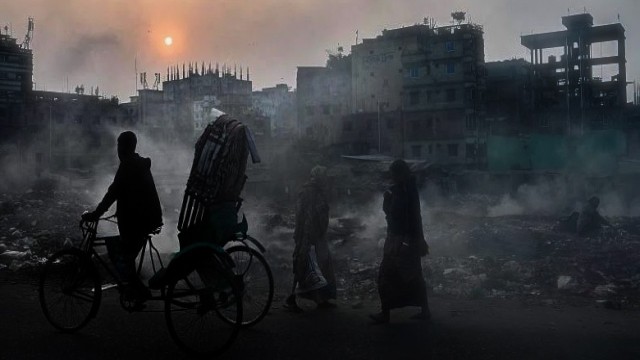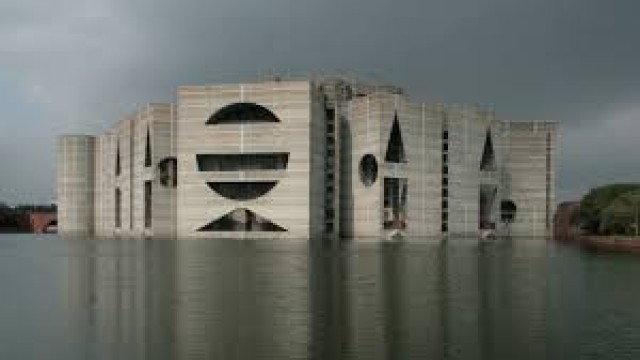Dhaka, the capital of Bangladesh, has once again claimed the unenviable title of the world's third most polluted city, with its Air Quality Index (AQI) soaring to a worrisome 177 on Tuesday, February 27th, 2024. The city's inhabitants, accustomed to grappling with hazy skies and the dire health consequences of contaminated air, face renewed concerns over the severity of the air quality crisis.
The gravity of Dhaka's air quality crisis is highlighted by the global toll of air pollution, with the World Health Organization attributing approximately seven million deaths annually to this environmental menace. These pollution-related fatalities encompass a spectrum of health afflictions, including stroke, heart disease, chronic respiratory ailments, and infections.
Dhaka's standing as the third most polluted city places it alongside other urban centres grappling with severe air quality issues, including Kolkata, Mumbai, Delhi (India), Wuhan (China), and Phnom Penh (Cambodia), which recorded AQI scores of 182, 181, 173, 168, and 165 respectively.

Dhaka's air quality, notably worse in winter, presents serious health risks to its residents. The recent AQI of 264 falls into the "very dangerous" range, raising significant concerns for public health. An AQI between 201-300 is classified as "very unhealthy," while levels exceeding 301 are deemed "hazardous," with serious health implications.
The issue of air pollution in Dhaka has long been entrenched, with winter exacerbating the problem. Notably, Dhaka's PM2.5 level stands at 106.2µg/m³, surpassing the World Health Organization's recommended threshold by a staggering 21.2 times.































Comment: